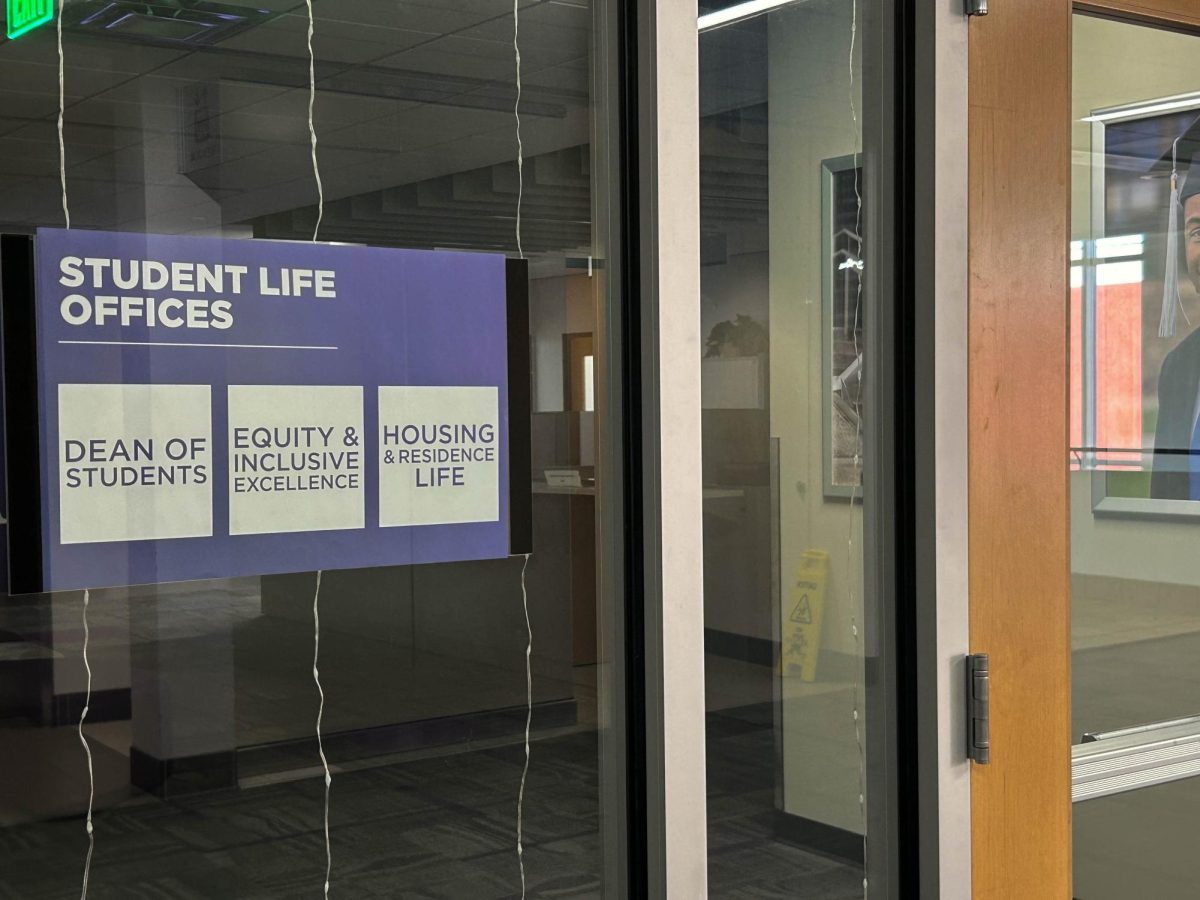Molly O’Connor/Winonan
With the start of a new year and a new semester, many students aim for a healthier and more focused lifestyle to achieve their resolution goals.
The gym is busier, healthier food is consumed and the promise of being more studious and academically driven lingers around campus.
But how long will it last?
Psychology Today, a magazine that covers politics and philosophy as well as studies and analyses of human behavior and much more, reported that only about 50 percent of people in the U.S. alone make resolutions when new calendars are flipped to Jan. 1.
The report also said that resolutions come with an even lower success rate.
Many Winona State University students acknowledged that resolutions are not entirely successful and pointless to accomplish, therefore discouraging them from changing their routine.
For junior Arden Pifer, New Year’s resolutions are not a priority to make the next 365 days better.
“I don’t think new years resolutions are very successful for most people because if they really wanted to change something in their life they would change it right away instead of waiting for New Year’s to do so,” Pifer said.
“I don’t have any specific New Year’s resolutions. I don’t have any because I feel if I wait for a certain day to change something about my life, then it won’t work because I will have put it off to that point instead of just changing it right away.”
Many other students reflect Pifer’s opinion. Elaina Johnson sets goals for herself at any point in the year as she feels necessary, finding resolutions at the beginning of a new year less helpful than expected.
“I always think I am going to stick to one, but then I get lazy and stop or forget what my resolution was altogether,” Johnson said.
“I also have been working on things such as losing weight since last fall, so I just figured it would be stupid to make one when I am already working towards something.”
Despite the low success rates, a motivational drive to complete a resolution is all it takes to determine the success or failure of a student’s goal. Though some may not bother making a resolution on Jan. 1, it doesn’t exclude the other 364 days to make a new resolution.
Contact Molly at [email protected]




























































